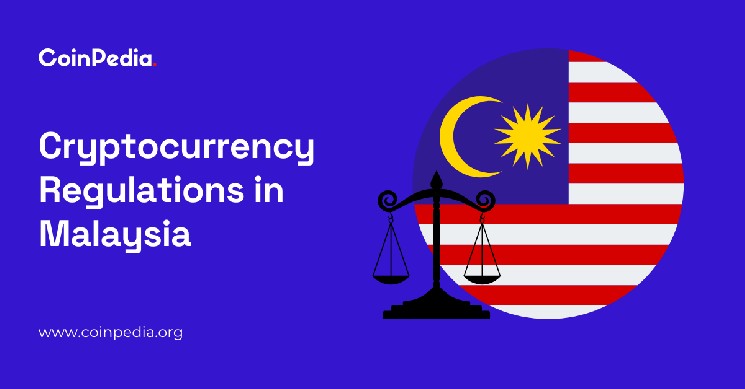Bank Negara Malaysia will launch a three-year tokenization plan to explore the use of blockchain in the financial system.
Tokenization aims to bridge Malaysia's RM101 billion SME financing gap and promote financial inclusion.
BNM's plan has the potential to modernize Malaysia's RM2.4 trillion Islamic market and RM240 billion ESG sector.
Industry feedback will be solicited until March 1, 2026, with pilots beginning in 2026-2027.
Bank Negara Malaysia (BNM) has launched a three-year program to test the tokenization of real-world assets. The newly announced roadmap aims to understand how blockchain-based tokenization can transform Malaysia's financial landscape, from Islamic finance to supply chain management, and industry feedback is being accepted until March 1, 2026.
Malaysia Tokenization 3-Year Plan
BNM has released a discussion paper on asset tokenization to gather feedback from the financial and technology sectors. The goal is to establish a digital asset innovation hub and an industry working group to consider how tokenization can be used in the real financial system.
The plan follows a clear three-year roadmap
- In 2026, the focus will be on proof-of-concept and pilot testing to identify what works and what doesn't.
- By 2027, these pilots will be expanded to larger-scale trials based on early findings and input from industry participants.
- Finally, BNM invites stakeholders to share their feedback and ideas on use cases by March 1, 2026.
Focus areas and selection criteria
BNM's working groups will consider use cases in areas such as:
- supply chain financetokenization increases transparency, traceability, and speed of payments.
- islamic financeblockchain can help create more efficient, transparent, and Shariah-compliant products.
However, BNM has clarified that not all ideas are eligible, and projects must demonstrate tangible benefits in the real world, use blockchain only when appropriate, and remain technically feasible within the current infrastructure.
Why Malaysia is considering tokenization now
BNM wants tokenization to solve real-world challenges, starting with Malaysia's RM101 billion SME financing gap, by converting invoices into digital tokens and helping SMEs access faster and cheaper financing.
The central bank also plans to apply this to Islamic finance, where Malaysia is already a world leader. Use tokenized sukuk and smart contracts to automate payments, increase liquidity and improve Malaysia’s RM2.4 trillion Islamic market while complying with Sharia rules.
From a sustainability perspective, tokenized green bonds can link payments to verified climate change outcomes, reducing greenwashing and increasing investor confidence in Malaysia's burgeoning ESG sector.
With this structured plan, BNM aims to bridge innovation and practicality, positioning Malaysia as a regional leader in regulated digital finance.

